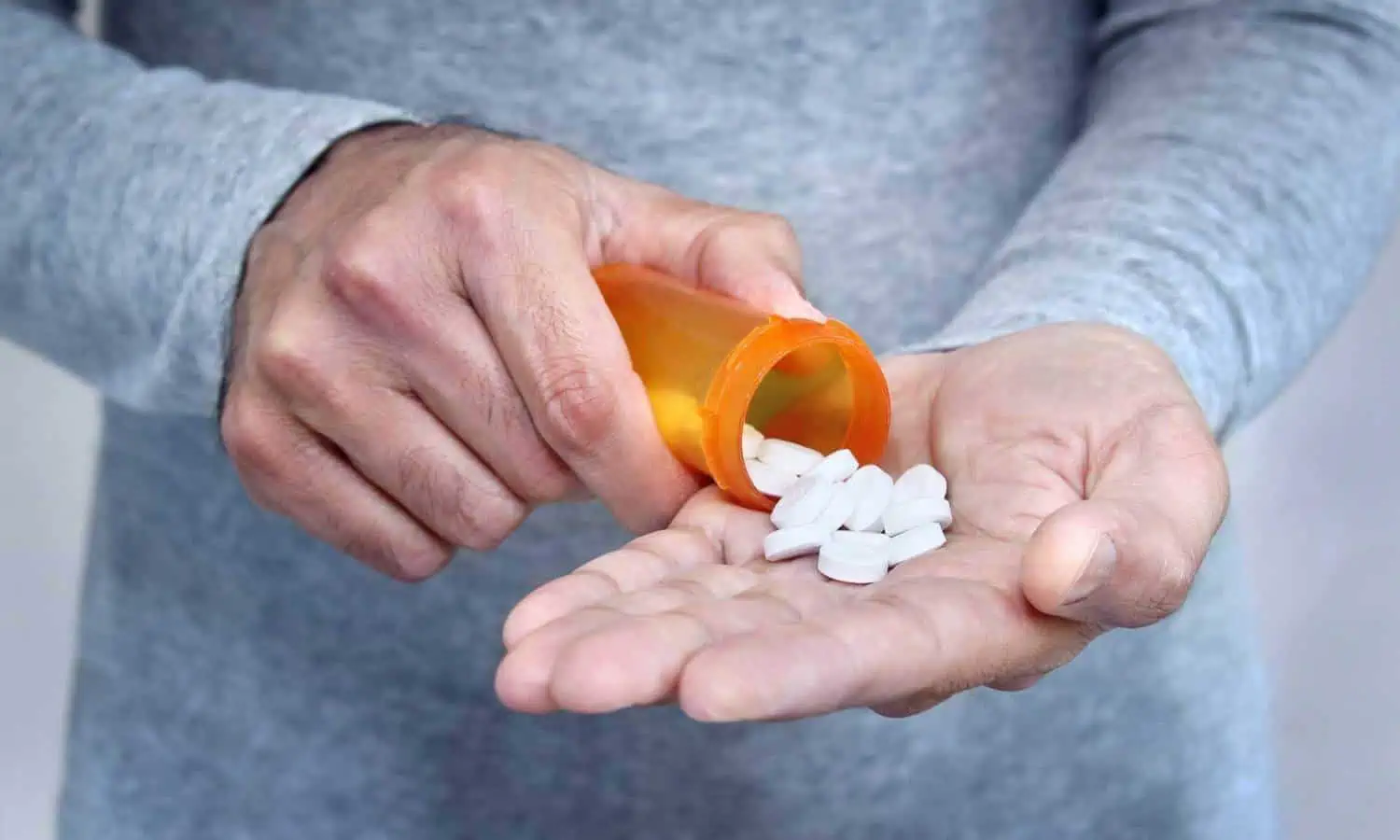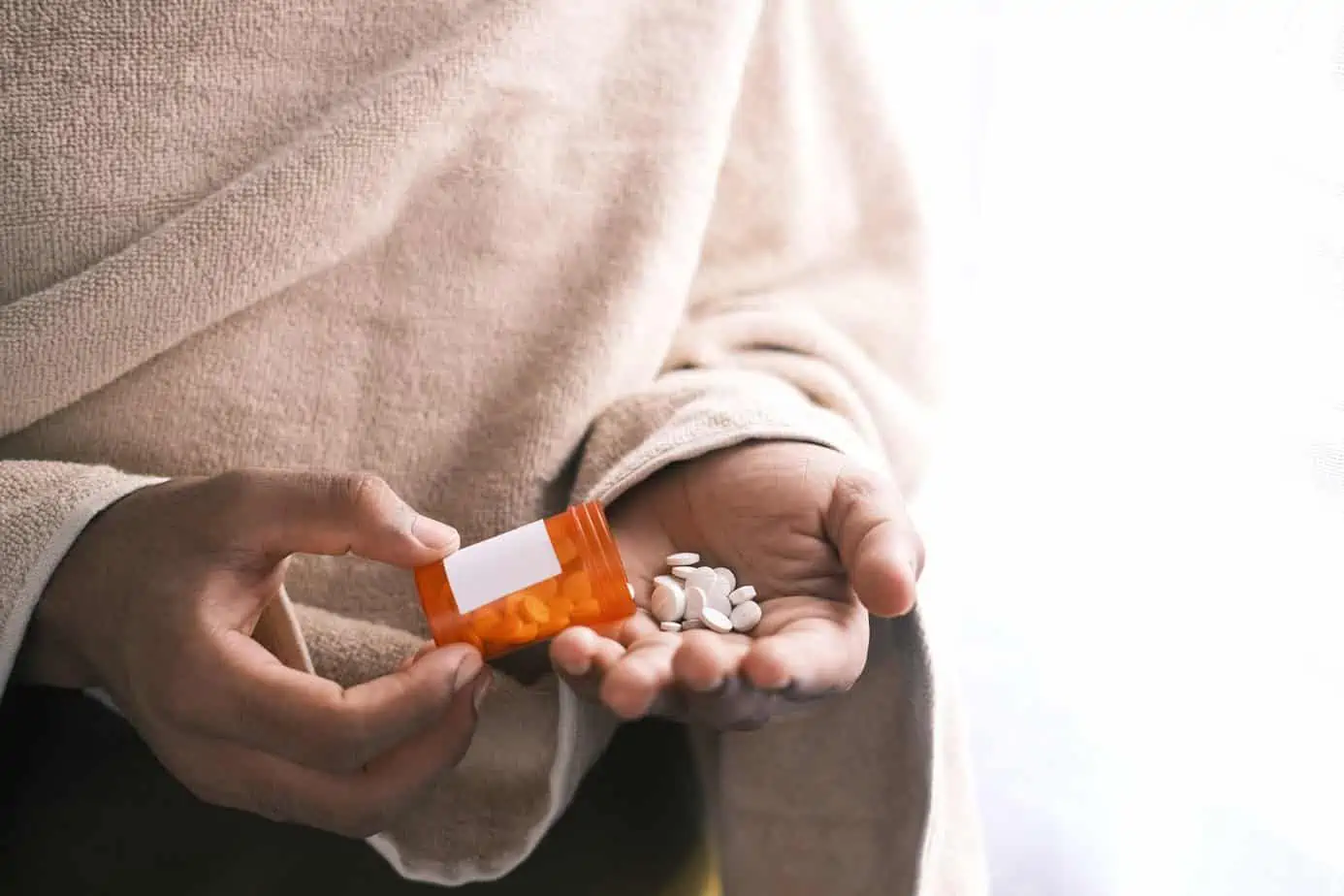When a person is struggling with addiction, the need for drugs or alcohol can override just about everything, even love. Their use starts slowly, but before they even realize it, their substance of choice has become their top priority, leaving loved ones on the back burner.
Because addiction significantly alters a person’s personality, it can make them unrecognizable from the person they were pre-addiction. They become more and more secretive, often out of fear, shame, or guilt. They begin to hide things from their significant other such as where they are, who they’re with, and what they did during the day. What starts as small lies rapidly becomes a tangled web that they cannot get out of. And all the changes in their behavior take a toll on their relationships, especially romantic ones.
1. Trust Disappears
As addiction progresses, the lies that a person must tell to cover their addiction become more elaborate. For their loved one, it can feel as if all they are hearing is excuse after excuse – for being late, for disappearing, for the mood swings, for the missing money, for the hidden bottles in the bathroom. These lies sow the seeds of distrust and tension.
Trust is essential to a healthy and functioning relationship, and once it is damaged, it can be difficult to repair. It can often lead to feelings of fear and jealousy. And because proper communication is impossible without honesty, both people could begin feeling alone and isolated, increasing feelings of sadness and resentment.
2. Emotions Run High
Being in a relationship with someone battling addiction can often feel like being on an emotional rollercoaster. They can get uncomfortable or defensive when they are called out on one of their lies. This can lead to them lashing out or trying to place the blame somewhere else to draw attention away from themselves. Their emotional state can be volatile and filled with unpredictable highs and lows, which can sometimes lead to paranoia or violence in the relationship. Because they are consumed by their substance of choice, they are unable to see how their behavior is affecting their loved one. This can leave their loved one feeling underappreciated, unimportant, and unloved.
3. Rose-Colored Glasses Go On
Addiction doesn’t just affect the individual using but also those around them. Often, the non-addicted partner will change as well. It is common for partners of addicted people to unknowingly enable their loved one’s addiction. They might feel the need to make excuses, accept blame, or try to minimize the consequences of their significant other’s actions to “help” them. They may also prefer to deny the signs or believe the excuses they know aren’t true in order to avoid any conflict. Because they love the addicted person and are afraid of losing them, many pretend the problem isn’t happening. In their eyes, denial is the only way to salvage the relationship.
They may also become codependent, doing whatever they can to help keep their addicted partner happy and content. This can lead to them overcompensating and focusing only on their loved one‘s happiness at the cost of their own self-esteem. It can also lead to them compromising their own wants and needs to keep their loved one calm, and becoming overly conscientious of their partner’s emotions. This codependency can force them to take on an almost martyr-like role in order to help their loved one.
Being in a romantic relationship with someone who is struggling with addiction is difficult, but recovery is possible and relationships can be repaired and can become stronger than ever. What is important is reaching out for help. As one partner seeks treatment for their addiction, the non-addicted partner can go to therapy or Nar-Anon meetings to learn how to handle their loved one’s addiction as well as their own reactions to it. Couples therapy is also a great tool that can help rebuild trust and relearn communication skills.
However, if either party realizes that the relationship has become unhealthy and will continue to be unhealthy or impede their own progress, it is best for both parties to go their separate ways. This will allow both to heal.
If you or a loved one is struggling with addiction, Mountainside can help.
Click here or call (888) 833-4676 to speak with one of our addiction treatment experts.

 By
By 







